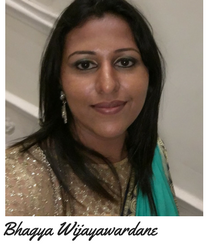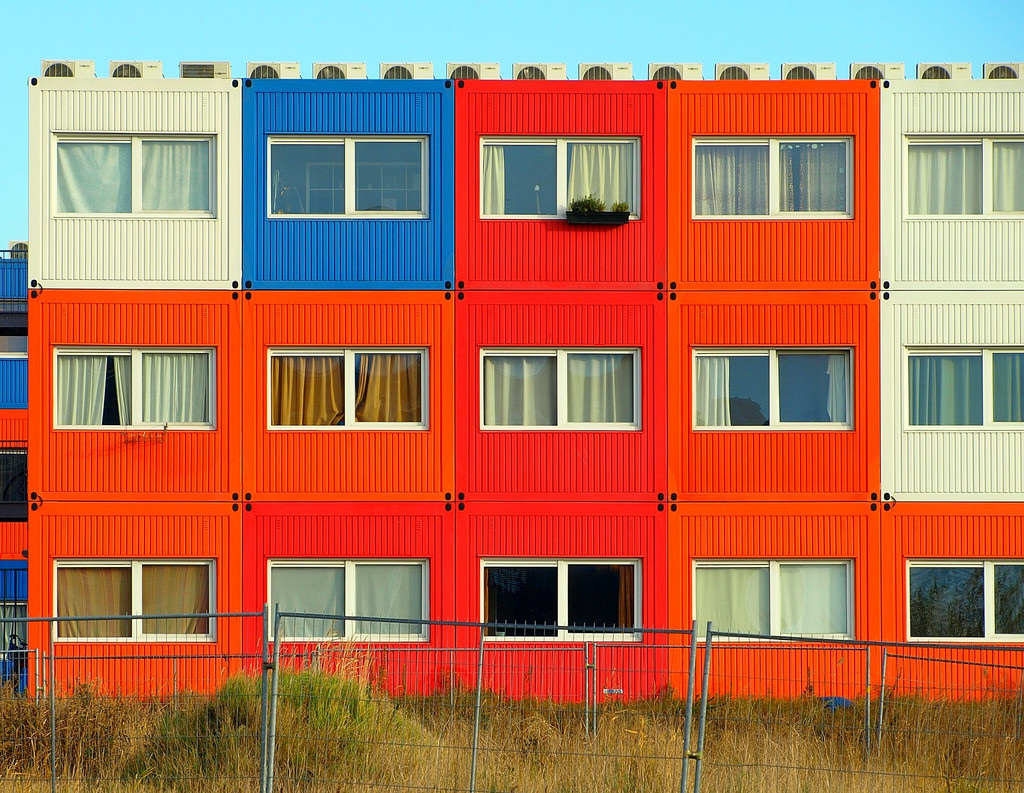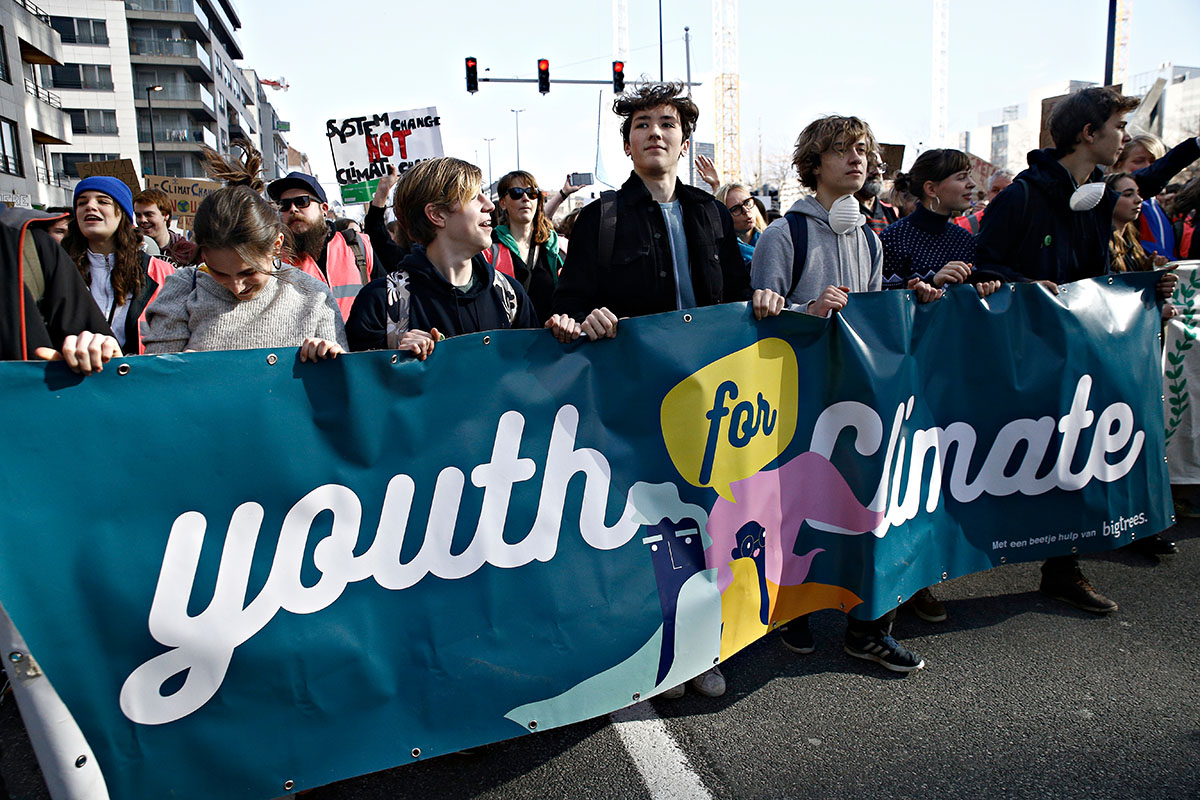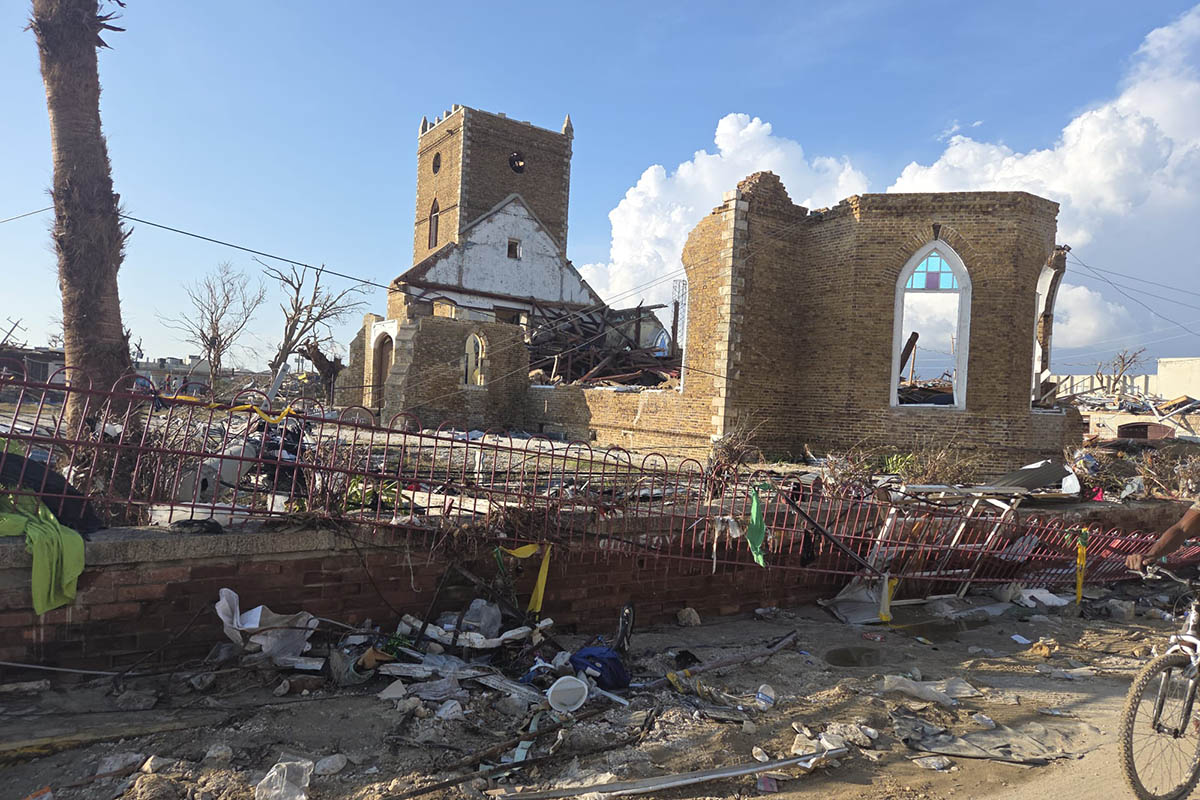“Sustainable development is the way to go”
May 2 As the Earth’s population rises and resources are depleted, new resources are in demand, writes Bhagya Wijayawardane, 28, a Correspondent from Colombo, Sri Lanka. She argues sustainable development will be the only option for cities and regional development.
As the Earth’s population rises and resources are depleted, new resources are in demand, writes Bhagya Wijayawardane, 28, a Correspondent from Colombo, Sri Lanka. She argues sustainable development will be the only option for cities and regional development.
The question I’d like to ask the world’s political leaders is: Whether they have the will to make the transition toward sustainability on their own terms by transforming their business to home environments, or will they wait until forced to make a quick transition when all of the other options finally run out?
If we say renewable energy sources, we think of wind and solar power as excellent examples that are sustainable because these resources will be indefinitely accessible as they are naturally occurring, constant and free to access.
On the other hand, sustainable development shouldn’t be simply limited to green buildings, agriculture and environment. It should also include economic and social sustainability in order to be a better fit within the scope of sustainable development.
Based on this premise, I initiated the first ever urban gardening project in Sri Lanka, simply out of an urge to solve the burning community issue of food insecurity. I witnessed the traumatic conditions of hunger and poverty that farmers and the local residents faced due to climate change and an increased range of imported essentials to the country. Food, water, and shelter are essentials. However, if energy is continually developed on finite fossil fuels instead of sustainable options, the cost and environmental toll of supplying even basic needs can become staggering, which has become the reason most people – especially in urban communities – face issues as food insecurity and poor health that lead to more vulnerability and poverty.
We young people believe that agriculture will have to catch up with this growing population by looking at ways to feed around 20 billion people. Imagine: If the same unsustainable seeding, watering, spraying and harvesting methods are used into the future, can we survive as a nation to be more prosperous? These methods can become very costly as fossil fuel resources run out.
Also, if many young people are uncertain or are ignorant about job opportunities in the agriculture field, how can we possibly feed all these people? It’s important to note the importance of knowledge about agri-education. Sustainable agriculture practices like crop rotation and effective seeding practices, for example, help to promote high yields while protecting the integrity of the soil as it produces food for larger amounts of people. This knowledge should be taken into serious consideration.
If unsustainable agricultural practices are used in regard to pesticides, bees and other pollinators could be negatively impacted. As any farmer would agree, without bees, many major food crops would suffer. Nearly half of the food in most grocery stores would not be there, and consumers would have to rely on imported foods to cover their daily needs. Also, unsustainable development pollutes the oceans.
Jobs built on unsustainable development simply will have no place in economies of the future. Industries that continue to depend upon a resource that will not be accessible into the future will ultimately fail, leaving sustainable development as the only option moving forward.
As populations rise, urban centres will need to become larger. If these cities are developed non-sustainably, they will become more and more expensive to build and maintain over time, which is an issue facing most countries today. Building housing, complexes and improved infrastructure will take resources of finite fossil fuels that will only get more expensive as they run out over time. Identifying self-reliant life style options and alternative construction materials and forms of living should be acknowledged.
The large quantities of fuel required to produce energy for this larger population gets added to every year and will negatively impact the air quality of cities, leading to air pollution. Global economies like China and India are struggling today due with this issue for industrialisation. If the governments strive hard to make their cities use sustainable development practices, they can conceivably make way for new housing and business developments indefinitely. Some examples are eco housing and hybrid models using containers.
It’s pretty obvious that the global population is on the rise. People will need more energy, so will be putting an even greater strain on global world climate, which is one of the greatest reasons that sustainable development is so important today. This is especially important to discuss among Commonwealth nations like Sri Lanka, irrespective of where we stand in terms of geographic and demographic differences.
photo credit: JaviC Container homes via photopin (license)
…………………………………………………………………………………………………………………
About me: I am an educator with a strong passion for global sustainability and social justice. My experience weaves together environmental education, home gardens as social reconciliation, cultural heritage, peacebuilding, development, communication, and humanitarian assistance for I/NGOs.
I am a Queens Young Leaders’ Award Winner and currently co-lead the first Urban Gardening Project in Sri Lanka.
I seek to make organic gardening accessible to all by researching and developing best practices and designs, and have been a trainer with numerous development organisations.
…………………………………………………………………………………………………………………
Opinions expressed in this article are those of the author and do not necessarily represent the views of the Commonwealth Youth Programme. Articles are published in a spirit of dialogue, respect and understanding. If you disagree, why not submit a response?
To learn more about becoming a Commonwealth Correspondent please visit: http://www.yourcommonwealth.org/submit-articles/
…………………………………………………………………………………………………………………




